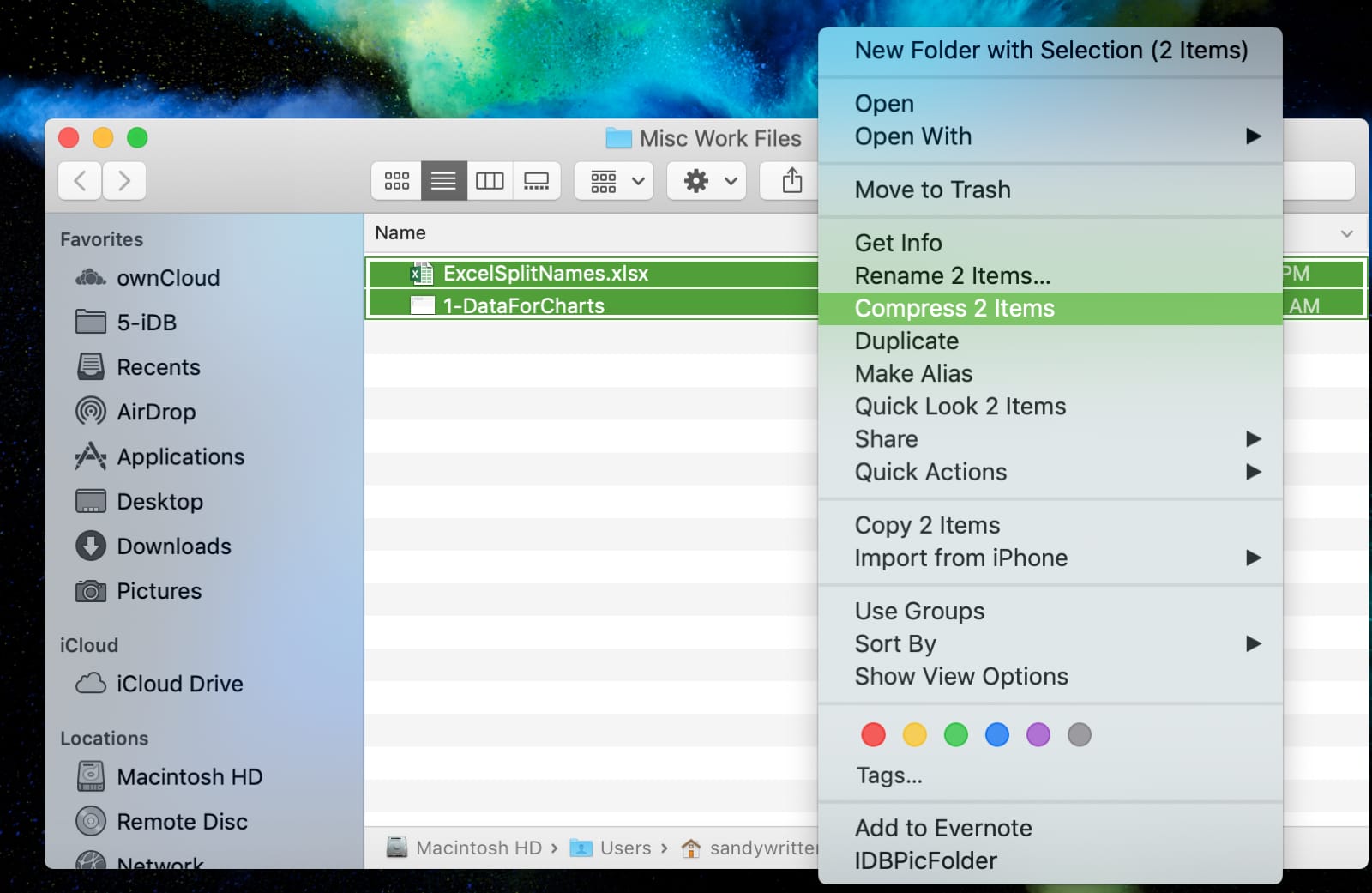Mac Unzip All Files In Folder
F-Vault: hide secret files Keep photo, video and audio files safety. F-Vault provides users with a convenient and safe way to access private files. Easily store secret files in places where others cannot open them. Download on the. App Store; Free Download. Follow these steps to open zip files on Mac: Click the Unzip button. From the drop down menu, choose to unzip your files to this Mac, iCloud Drive, Dropbox or Google Drive. A 'Finder style' window will open. You can browse to the folder where you want the files saved. Choose to unzip the Entire Zip file or Selected Items. Once the installation process is over, you are all set to open RAR files. To open a RAR file on Mac, right-click on your RAR file and hover your mouse on “Open With“. From the list of options, select “Extractor” software and all files will be extracted in the same folder where your RAR file is located. Method 2: Using WinZip.
Frequently Asked Questions
Problems downloading fonts or registering
We support all modern browsers, including Firefox, Google Chrome, Safari, Opera, and Edge.
You must have cookies enabled in your browser in order to download fonts or register at FontSpace. For help with enabling cookies, click here.
How to download and unzip a file
When you see a font you want to use, click the Download button on FontSpace and save the file to your computer. Right-click on the file (it will be a zip file) and click the 'Extract To' option.
Installing fonts in Windows
Windows 10, Windows 8, Windows 7 or Windows Vista
Right-click on the font and choose Install. Or, you can open the font in the default Windows font viewer and click the Install button
Windows XP
Go to Start > Control Panel
Open the Fonts folder.
Browse for the font you want to install (you extracted this from the zip file earlier)
Click OK
All Windows versions
Drag and drop (or copy and paste) the font file to the folder C:WindowsFonts
If you want to temporarily install a font, just Double-click the font file and you can use it in your applications (Microsoft Word, Adobe Photoshop, etc..) while it is left open. To uninstall the font, close the Font Viewer.
Installing fonts on a Mac
Installing fonts in Linux
Mac Unzip All Files In Folder File
Font formats
License Info
:max_bytes(150000):strip_icc()/003_how-to-zip-and-unzip-files-and-folders-on-a-mac-2260188-5bc7871c4cedfd005121138d.jpg)
The license type of a font determines how you may use it.
Personal Use typically refers to any use that is not meant to generate profit, such as:
- Scrapbooking
- Graphic design for personal websites, blogs, etc..
- Flyers or invitations to friends and family
- Churches, charities, or non-profit organizations
- Making T-shirt for yourself or friends at no charge
- Flyer or poster for an event that charges admission
- Printing a T-shirt that you will be selling
- Text or graphics in a book
- Graphic design work (logo, business card, website)
- And any other situations where you are getting paid
Regardless of the license, if you use a font and enjoy it please consider making a small donation to the font designer.
Bitmap / Pixel Fonts

Mac Unzip All Files In Folder Files
Certain fonts, such as bitmap or pixel fonts, are best viewed at a specific size. Be sure to turn off anti-aliasing in any software you are using.
To convert from pixel to point:px * .75 = pt (example: 8px is equivalent to 6pt)
To convert from point to pixel:pt / .75 = px (example: 6pt is equivalent to 8px)
